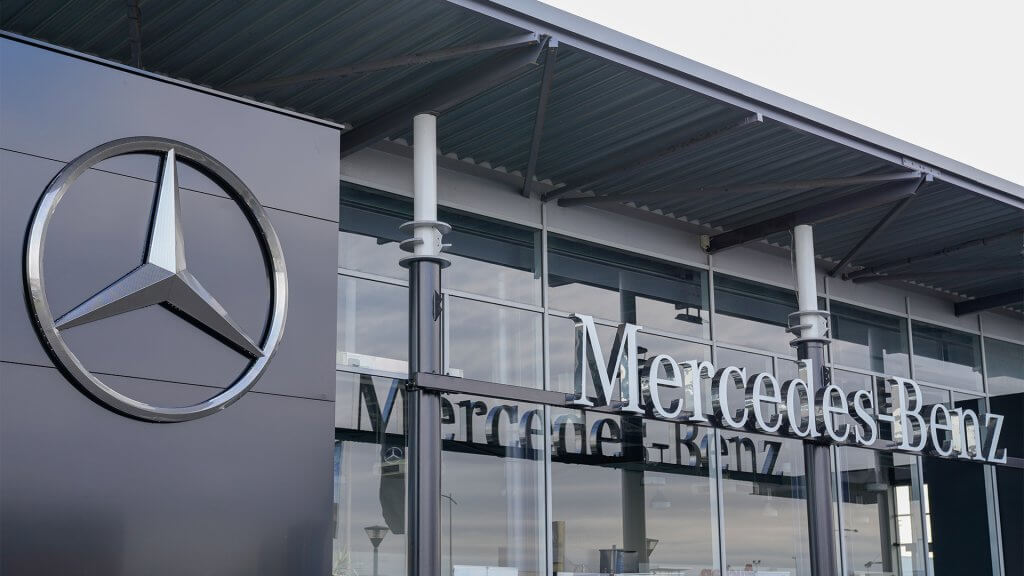The other top-ranked initiatives are adopting digital technologies to support remote working and collaboration (50%).
Almost 40% of organizations in Saudi Arabia are adapting to the new reality phase to deal with the impacts of COVID-19, as the workforce will change “shape” dramatically over the next two years, according to the response of Saudi-based Human Resources (HR) executives who took part in the KPMG 2020 HR Pulse Survey in July/August.
Almost 75% of HR executives in the Kingdom, compared to 47.1% globally, believed in taking steps to safeguard the experience and wellbeing of employees to deal with the implications of COVID-19 and moving to a new reality in the next two years.
The other top-ranked initiatives are adopting digital technologies to support remote working and collaboration (50%), reducing costs to accommodate organizational financial realities (50%) and helping leaders develop new management and leadership skills to support remote working (25%).
“HR must swiftly transition from putting out the fires of COVID-19 impact and its aftermath and switch to playing the long game of shaping the workforce of the future for their enterprises. This journey will require new mindsets, priorities, methodologies, and skills,” said Nazeeh Abdullah, Head of People & Change Advisory at KPMG in Saudi Arabia.
“As we navigate the current situation and adapt to the new remote virtual way of working, we want to help all employees to be safe and healthy, digitally ready and actively engaged. Sustaining a sense of team and managing this unique experience is critical in today’s changing environment,” he noted.
The top skills required by the HR function are managing performance and productivity in a predominantly remote environment (75%), deploying digital HR service management (75%) and delivering transformational change management (50%).
Almost 50% of the respondents agreed that the HR in the organization is largely considered to be an “administrator” rather than a value drive, compared to 34% globally, while 50% of Saudi respondents (35% globally) strongly agreed that HR in the organization played a vital role in establishing the right culture.
Nearly 63% of local respondents admitted that the HR function needs to completely reinvent and transform itself, to respond more effectively to future disruption such as another pandemic. Meanwhile, 75% of the Saudi HR executives considered the HR function needs to rethink productivity and performance measures in light of the shift to increased remote working.
Almost 63% of respondents from the Kingdom were confident that their organizations can attract, retain and develop the talent it needs to meet growth objectives, as 75% local HR executives agreed that their organization is confident about growth prospects, despite the COVID-19 challenges.
Nearly 25% of HR executives from Saudi Arabia expected 51 to 60% of the total workforce will need to be reskilled or upskilled, covering all areas of reskilling, including new digital capabilities.
“The pandemic has presented the HR function with an opportunity to be a preeminent value driver. It is time to rise to the challenge and shape the workforce of the future to help build successful and innovative companies,” Nazeeh Abdullah concluded.
The HR Pulse 2020 survey covers 1,288 HR executives in 59 countries and territories (with majority representing from the largest economies in the world) and 31 key industry sectors (such as asset management, automotive, banking, consumer and retail, energy, infrastructure, insurance, life sciences, manufacturing, technology, and telecommunications).
A third of the companies (33%) surveyed are C-suite, and 29% are HR executives such as senior vice presidents. Approximately 32% of companies surveyed report annual revenue of more than US$1 billion. The survey was conducted from July 21 to August 7.






















